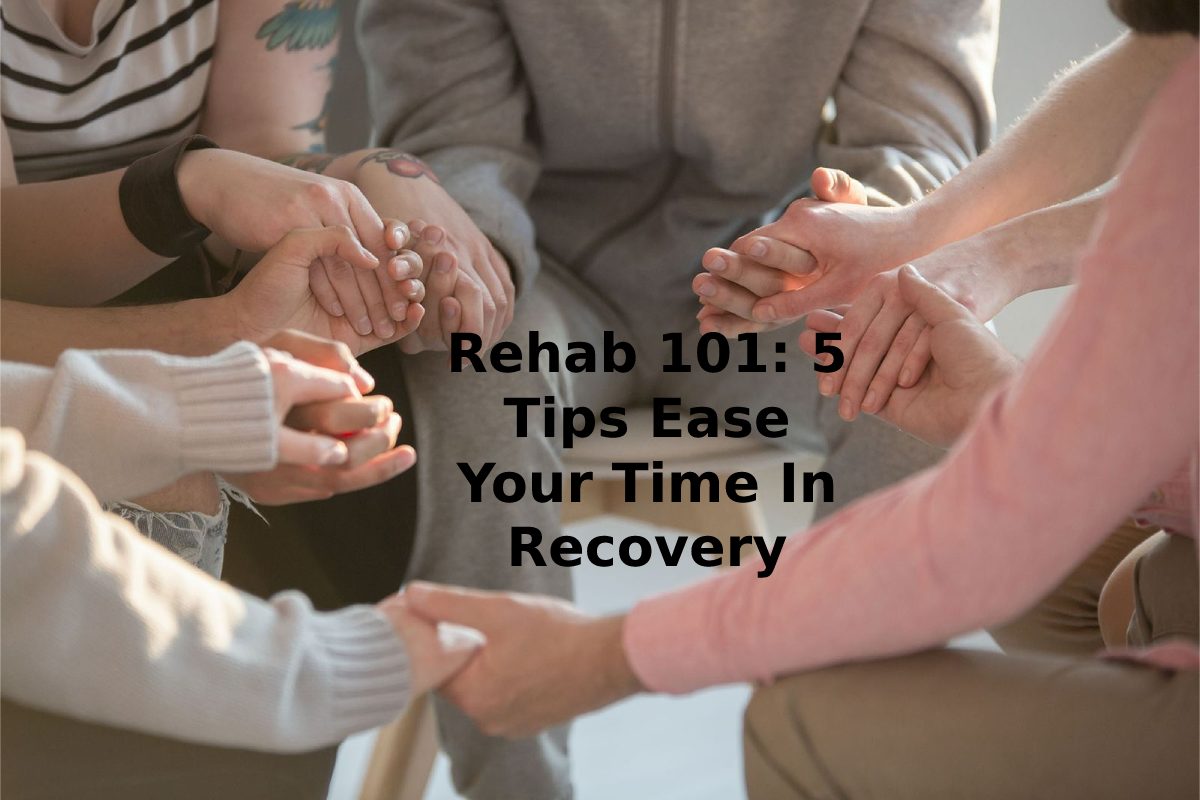
Time In Recovery
In the world of addiction, there are many different paths to recovery. While some people opt for a traditional rehab facility and treatment plan, others choose to go at it alone or with a support group.
Regardless of your personal preferences, recovery from drug or alcohol addiction will be challenging no matter what you decide.
Getting sober is hard work and one of the most difficult parts is adjusting back to daily life after rehab. This time period can be especially challenging for those who have just left an inpatient rehab facility as they aren’t surrounded by other recovering addicts any longer.
In order to help you successfully navigate this tricky time in recovery, we’ve compiled this list of helpful tips on easing your time in a recovery center.
Table of Contents
1. Stay Connected With Your Support System
One of the biggest challenges in recovery is feeling disconnected from others. Whether it’s your family or friends, those who are closest to you are likely to feel some sense of frustration and disappointment in your actions, which can lead to feelings of isolation and loneliness.
Be sure to stay connected with your support system during this time. If your close friends and family members are supportive of your journey, they’ll want to remain close to you during this time.
Communication is key during this time, so be sure to talk with those who care about you and are there to support you.
2. Exercise and Eat Healthy
The first few months after treatment are likely a time when you’re feeling physically weak and rundown. This is normal. After all, you just spent a few weeks or even months in a controlled environment, so your body has gotten a break from the daily stresses of life.
In order to keep your body strong and healthy while you ease back into your daily routine, be sure to exercise regularly and eat a healthy diet. You don’t need to start hitting the gym every day or follow a strict diet plan, but be sure to move regularly and eat healthfully during this time.
3. Set Small Achievable Goals
One of the biggest challenges in recovery center is finding a sense of purpose and structure. You may have spent years without a sense of direction and without any concrete goals, and now you must re-learn how to structure your time and set achievable goals and make sure to pace yourself.
You don’t need to do everything at once. Sure, it would be great if you could find a new career and build a handful of new friendships in a month, but that’s not realistic. Instead, take your time and enjoy the process.
4. Take Care of Your Mental Health
In addition to taking care of your physical health during this time, you should also make an effort to take care of your mental health.
It’s likely that you’ve spent years buried in addiction, and you may have pushed your mental health issues aside. You may even be dealing with a mental health disorder that you don’t even know exists.
If you’re struggling with a mental health disorder, such as depression or anxiety, this is an ideal time to seek professional help.
5. Find a Purpose
Whether it’s a new hobby or a new career path, finding something that inspires you can go a long way toward easing the transition from rehab to everyday life.
At the same time, this is also a great time to deal with the root of your addiction. If you’re an addict who became addicted to drugs or alcohol as a way to cope with difficult emotions, finding new hobbies will help you better deal with the emotions that trigger your use.
In Summary
After an inpatient treatment program, it’s normal to feel a mix of emotions, including fear and uncertainty. The good news is that most people successfully navigate this transition and are able to maintain long-term sobriety.
The key is to take things one day at a time and make sure to use these helpful tips to ease your time when in a recovery center.


